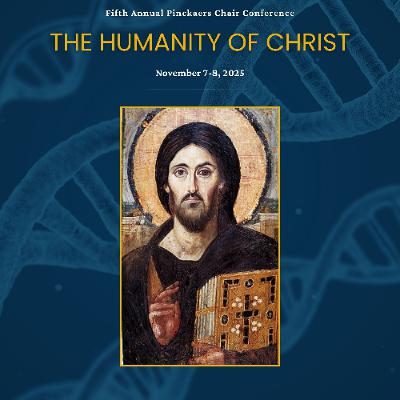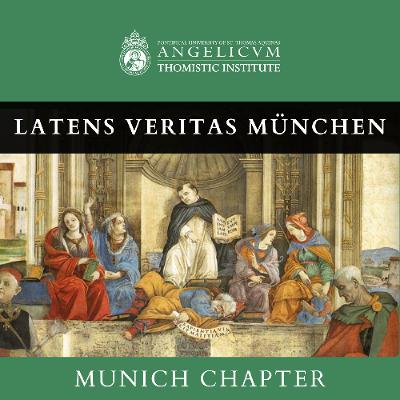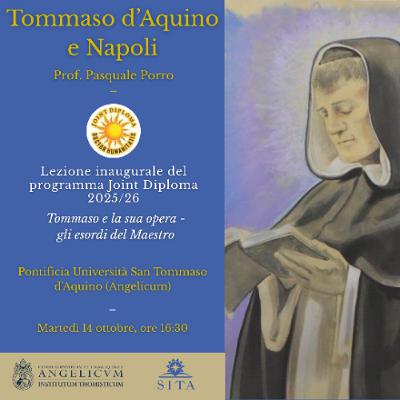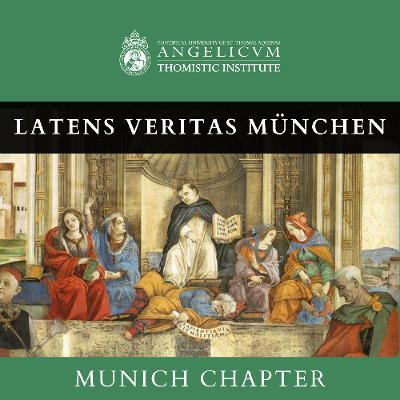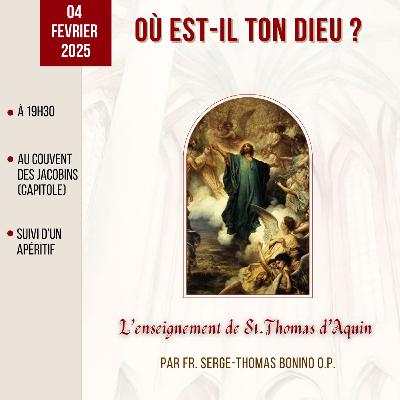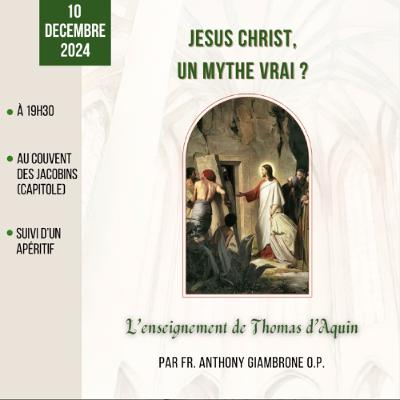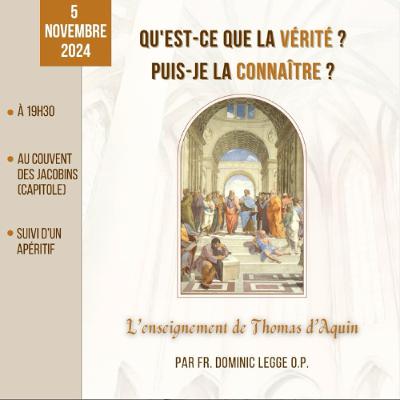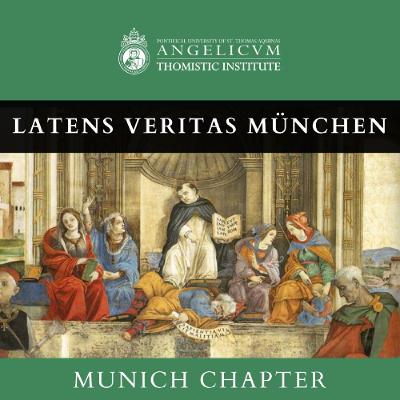Was He Punished? | Michał Paluch, OP
Update: 2025-11-19
Description
Re-evaluating Penal Substitution and Vicarious Satisfaction
This talk addresses the central soteriological question: "Was Jesus Punished?" While it is undisputed that Jesus was punished by human authorities, this presentation argues against the proposition that He was punished by God. It critically examines the dominant theory of penal substitution (substitutio penalis) and advocates for a return to the classical model of vicarious satisfaction (satisfactio vicaria).
The presentation traces the problem’s origin to the post-Anselmian theological shift, which was radicalized by the Reformers into penal substitution. Extreme interpretations of this doctrine (e.g., L. Bourdaloue) portray God the Father as a "persecutor" discharging "divine hatred" onto His Son, creating a "toxic" image of a sadistic God while ignoring the Son's will.
Three strategies for resolving this impasse are analyzed, rejecting "finding depth in penal substitution", which introduces "darkness" into the image of God, and the concept of Stellvertretung as a dialectical evasion.
The preferred strategy is to restore the Anselmian distinction between involuntary punishment and voluntary satisfaction. The talk argues that Christ did not receive punishment but offered satisfaction. Defending this model biblically, it shows that "ransom" (lutron, Mk 10:45 ) is rooted in OT law (Ex 21:30 ) as a payment instead of punishment to avoid violence. It also refutes key penal substitution "proof texts": "made sin" (2 Cor 5:21 ) means "sin offering" (hattā’t); "became a curse" (Gal 3:13 ) means "cursed in the eyes of Israel"; and "bearing guilt" (Isa 53) signifies non-retaliation.
The talk also analyzes the position of St. Thomas Aquinas. It highlights that although Aquinas, unlike Anselm, uses the term "punishment" (poena) to describe Christ's act, he understands it as voluntarily accepted satisfaction. This is structurally distant from later penal substitution, as for Thomas: God's wrath is directed solely at sin, never at the Son, and Both act from supreme love; God the Father only permits the Passion (not positively willing it), which is the work of human freedom; and the formal, decisive element of salvation is love, not suffering itself. The talk concludes with a negative answer to the titular question, affirming a soteriology of love and voluntary satisfaction, not divine retributive punishment.
This talk addresses the central soteriological question: "Was Jesus Punished?" While it is undisputed that Jesus was punished by human authorities, this presentation argues against the proposition that He was punished by God. It critically examines the dominant theory of penal substitution (substitutio penalis) and advocates for a return to the classical model of vicarious satisfaction (satisfactio vicaria).
The presentation traces the problem’s origin to the post-Anselmian theological shift, which was radicalized by the Reformers into penal substitution. Extreme interpretations of this doctrine (e.g., L. Bourdaloue) portray God the Father as a "persecutor" discharging "divine hatred" onto His Son, creating a "toxic" image of a sadistic God while ignoring the Son's will.
Three strategies for resolving this impasse are analyzed, rejecting "finding depth in penal substitution", which introduces "darkness" into the image of God, and the concept of Stellvertretung as a dialectical evasion.
The preferred strategy is to restore the Anselmian distinction between involuntary punishment and voluntary satisfaction. The talk argues that Christ did not receive punishment but offered satisfaction. Defending this model biblically, it shows that "ransom" (lutron, Mk 10:45 ) is rooted in OT law (Ex 21:30 ) as a payment instead of punishment to avoid violence. It also refutes key penal substitution "proof texts": "made sin" (2 Cor 5:21 ) means "sin offering" (hattā’t); "became a curse" (Gal 3:13 ) means "cursed in the eyes of Israel"; and "bearing guilt" (Isa 53) signifies non-retaliation.
The talk also analyzes the position of St. Thomas Aquinas. It highlights that although Aquinas, unlike Anselm, uses the term "punishment" (poena) to describe Christ's act, he understands it as voluntarily accepted satisfaction. This is structurally distant from later penal substitution, as for Thomas: God's wrath is directed solely at sin, never at the Son, and Both act from supreme love; God the Father only permits the Passion (not positively willing it), which is the work of human freedom; and the formal, decisive element of salvation is love, not suffering itself. The talk concludes with a negative answer to the titular question, affirming a soteriology of love and voluntary satisfaction, not divine retributive punishment.
Comments
In Channel

